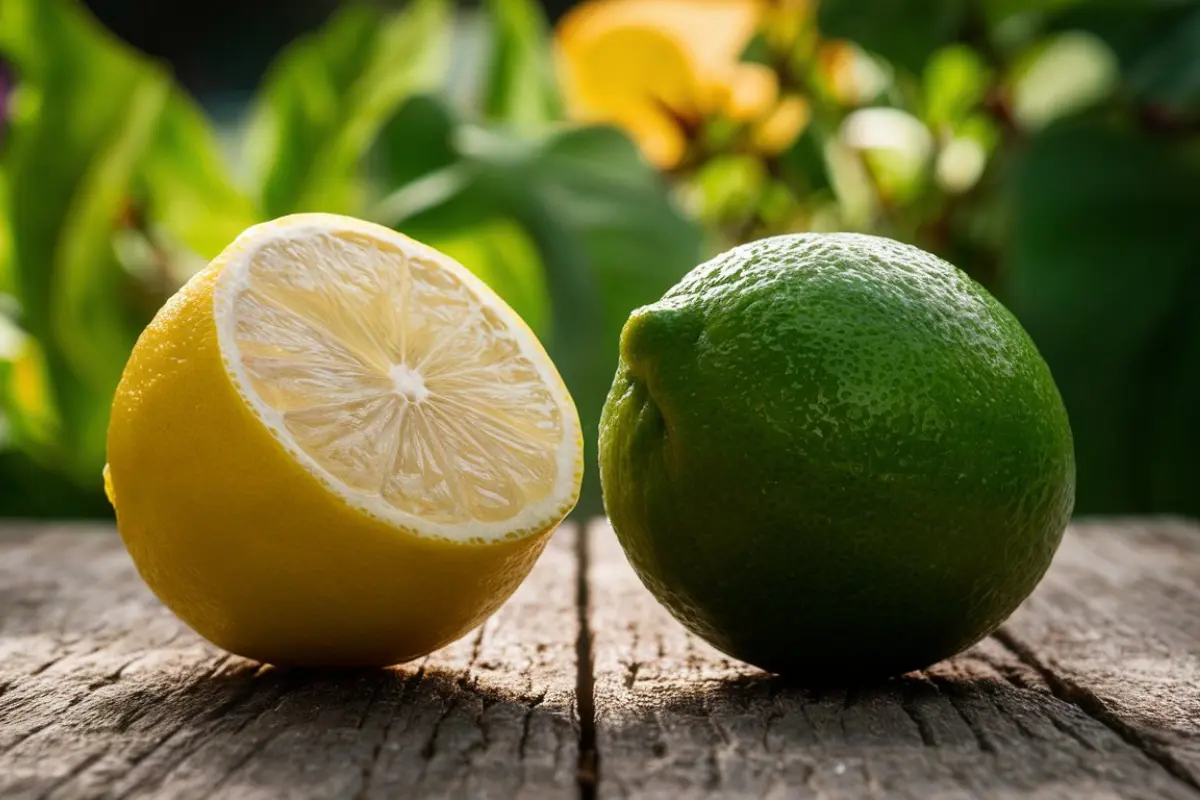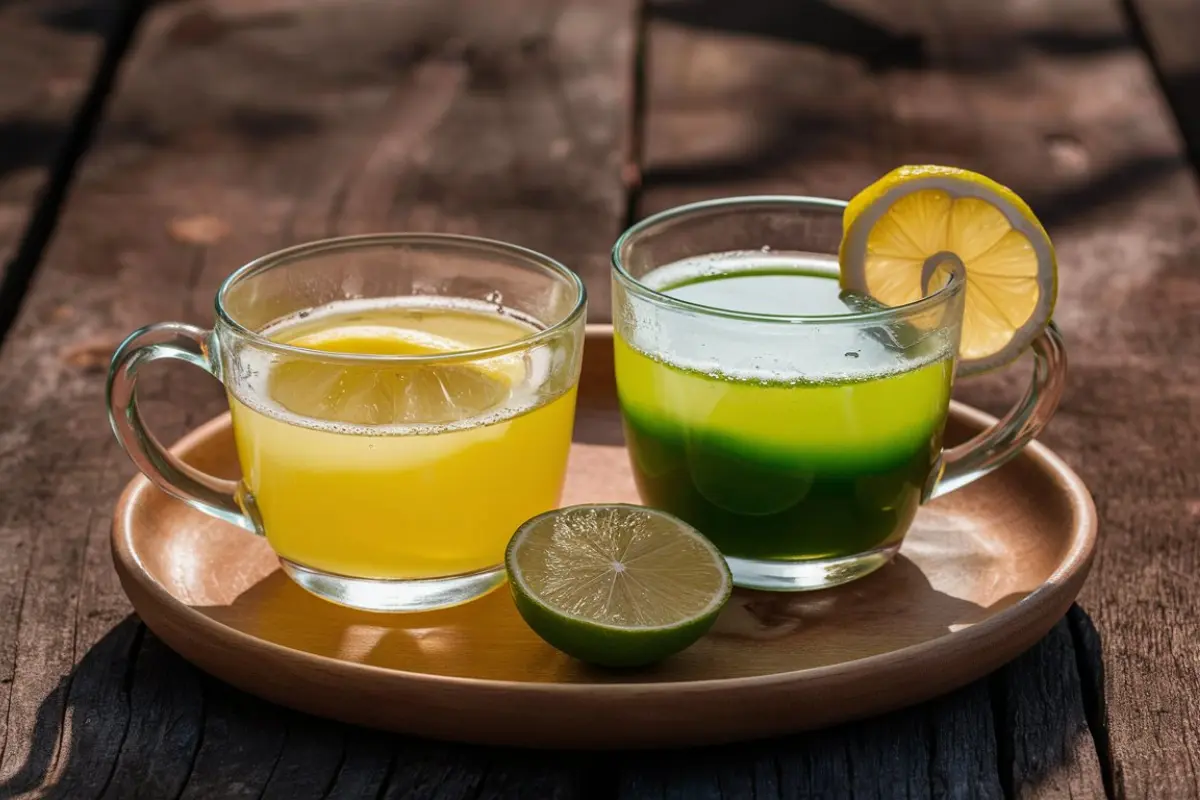Are you pondering if you can substitute lemon juice for lime juice? Whether it’s for cooking, baking, or mixing cocktails, this question often pops up in the kitchen. This article dives into the nuances of using lemon instead of lime and vice versa, offering practical advice for culinary enthusiasts. From the subtle differences in acidity and flavor to the impact on various dishes, we’ll explore how to make these substitutions work best. Let’s squeeze out the details and get to the core of citrus substitutions!
Understanding Citrus Juices
Differences in Flavor and Acidity
Firstly, it’s essential to grasp the basic differences between lemons and limes. Lemons, often bright and slightly sweet, bring a distinct zest to dishes that is hard to mimic. Limes, on the other hand, tend to have a more bitter and robust profile. As a result, substituting one for the other can dramatically alter a dish’s flavor palette.
Moreover, lemons and limes differ in their acidity levels, which affects their ability to interact with other ingredients. Typically, lemon juice has a slightly higher citric acid content, making it a potent tenderizer in marinades and a strong preservative in pickles. Conversely, lime juice, with its unique blend of citric and ascorbic acids, offers a sharper tartness that can enhance the freshness of seafood or balance the sweetness in beverages.
Nutritional Content Comparison
Now, let’s talk nutrition. Both lemons and limes are rich in vitamin C, but the concentration varies slightly. Lemons generally offer more vitamin C per serving, which is not only great for your immune system but also essential for collagen production. For a deeper understanding of the health benefits of lemons, including their nutritional value, you can read more on WebMD.
Indeed, whether you’re whipping up a batch of guacamole or concocting a zesty salad dressing, understanding these differences is key to making an informed decision about whether you can substitute lemon juice for lime juice. Next up, we’ll delve into the specific culinary uses of each citrus fruit, ensuring you know just when and how to use each one effectively in your kitchen adventures.
Meanwhile, limes provide a good dose of antioxidants, which fight free radicals and support overall health. Lemons are also known for their numerous health benefits, including supporting heart health and helping in weight management, as detailed by Healthline.
Culinary Uses
Cooking with Lemon Juice
Lemon juice is a versatile ingredient in the kitchen. It’s often used to brighten up dishes, adding a light, fresh flavor that enhances without overpowering. From drizzling over seafood to incorporating into vinaigrettes, lemon juice provides a clean, sharp taste. Additionally, its high acidity makes it perfect for marinating meats, as it helps to break down proteins, tenderizing them before cooking.
Moreover, lemon juice serves as a fantastic base for desserts. Its ability to cut through sweetness brings balance to treats like lemon meringue pie or lemon bars. In baking, the acidity of lemon juice can also react with baking soda, which helps in leavening and providing lift to cakes and pastries.
Cooking with Lime Juice
On the flip side, lime juice is often associated with bold, ethnic cuisines, particularly in Mexican and Thai dishes. It’s a staple in ceviche, where its acidity is crucial for “cooking” the raw fish. Lime juice is also key in balancing the richness of dishes like curry or guacamole, adding a burst of freshness that complements heavier flavors beautifully.
In cocktails, lime juice is irreplaceable. Its tartness is essential in drinks like mojitos and margaritas, where it pairs wonderfully with the sweetness of the spirits. Moreover, lime’s distinct flavor makes it a favorite for adding a twist to water or creating invigorating limeades during hot summer days.
Understanding the distinct roles that lemon and lime juice play in cooking and beverages can guide you in deciding when substituting lemon juice for lime juice might work and when it might alter the dish’s intended flavor profile too significantly. Transitioning now to the next part, we’ll explore the specifics of how and when to make these substitutions effectively.
Furthermore, lime’s distinct flavor makes it a favorite for adding a twist to water or creating invigorating limeades. Lime juice’s unique tartness is also crucial in non-alcoholic drinks, making refreshing mocktails like Virgin Strawberry Daiquiris an excellent use of this citrus


